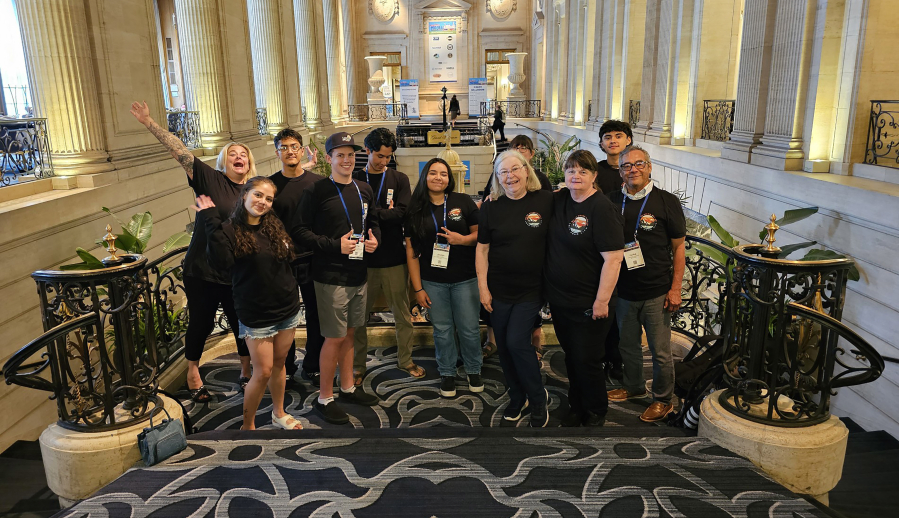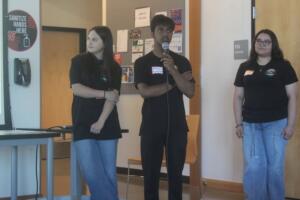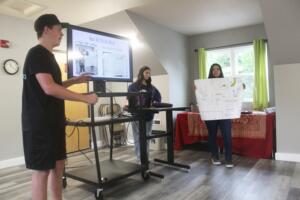Members of the Unite! Washougal Community Coalition’s Ambassadors program have learned that knowledge is power when it comes to preventing young people from misusing or abusing drugs or alcohol.
“We have to obtain the knowledge, because if we don’t know what (information) we’re spreading, then how’s it actually going to stick?” Washougal High School student Hunter Hardin said during a Unite! Washougal meeting held Aug. 22. “We obtain the knowledge from going to events to learn about how (substance abuse) is bad, why it’s bad, what it does to you, what it does to your friends, what it does to your social groups, and how it will affect your life overall. Then we can spread the word. But the most important part is knowing why it’s bad.”
Hardin and four other Washougal High students increased their knowledge about youth substance-abuse prevention during the Community Anti-Drug Coalitions of America’s (CADCA) 23rd annual Mid-Year Training Institute (MYTI), held July 14-18 in Chicago.
According to CADCA, the event offers in-depth, interactive training sessions geared specifically for community coalitions such as Unite! Washougal, a Washougal-based nonprofit that supports youth, encourages families, enriches community and guides healthy choices.
“(The MYTI) is all about empowering coalitions to come back (home) and do the work better,” said Unite! Washougal Director Margaret McCarthy. “It’s pretty intense. There’s a long list of all the different trainings you can go to. It was an eye-opening experience for them. To see that other kids are working on (the same things they are), I think that’s super empowering. They learned from other perspectives.”





